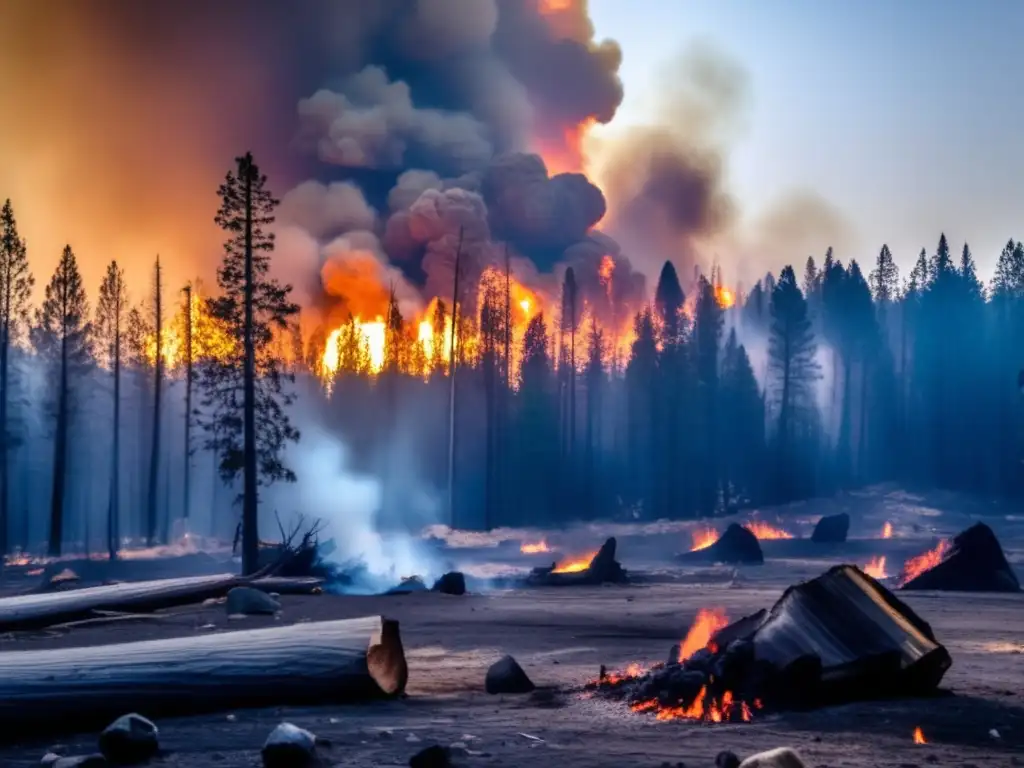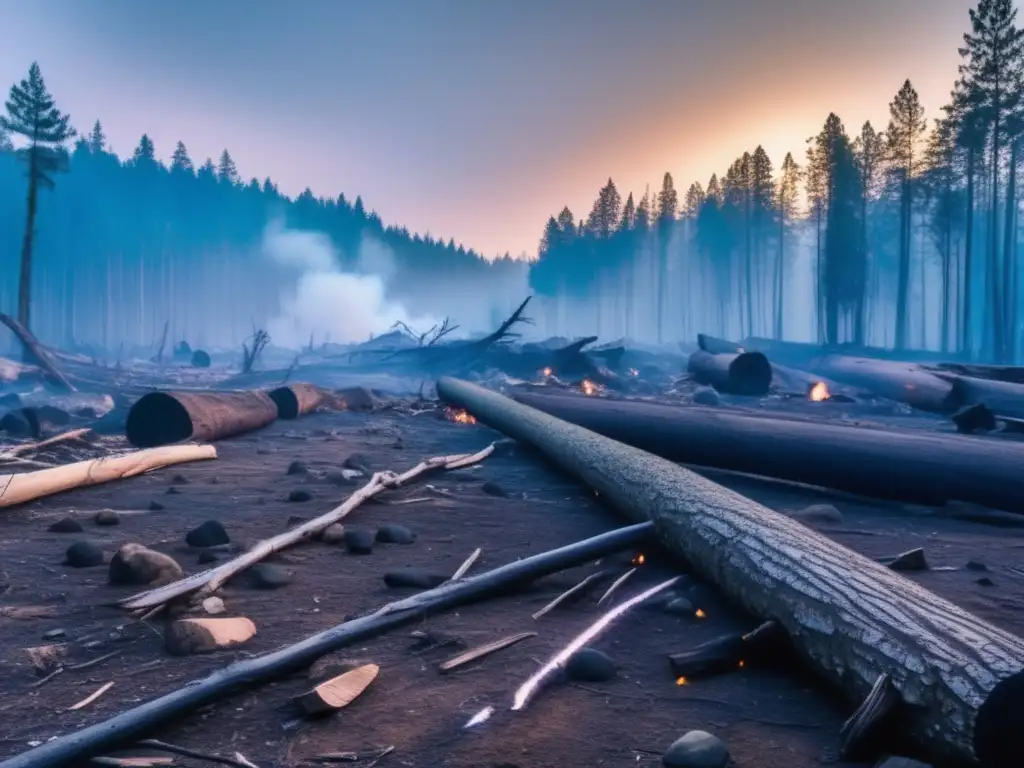Impacts And Inhabitants: How Asteroid Strikes Affect Wildlife

Introduction
Asteroid impacts have been occurring for billions of years and have had significant consequences on the world around us. These powerful collisions can affect not only human life but also wildlife habitats, ecosystems, and even the very existence of various species. In this article, we will explore how asteroid strikes impact wildlife and how these events have shaped the history of our planet.
The Impact of Asteroids on Wildlife

Mass Extinctions
There have been several mass extinctions that have occurred in Earth's history, with the most well-known example being the extinction of dinosaurs during the Cretaceous–Paleogene period. It is believed that this mass extinction was caused by a massive asteroid impact that led to a global climate change and the destruction of habitats. This resulted in the disappearance of over 75% of all species on Earth, including the dinosaurs.
Animal Behavior
When an asteroid strikes the earth, it can cause significant changes in animal behavior. For example, animals may suffer from disorientation due to the explosion's intense light and sound waves. They may also experience confusion because of the sudden change in their environment. These changes can last for days or even weeks and can have a devastating effect on animal populations, leading to a decline in numbers.
Loss of Habitat
Asteroid impacts can completely wipe out an ecosystem, leading to the loss of habitats for many different types of wildlife. When an asteroid hits the Earth's surface, it can cause fires, earthquakes, and tsunamis, which can destroy habitats and make it impossible for wildlife to survive. The loss of habitat can cause a chain reaction that affects other species, leading to a decline in biodiversity.
The Aftermath of Asteroid Strikes

Evolutionary Opportunities
While asteroid impacts often lead to devastation, they also create opportunities for new types of wildlife to emerge. After the extinction of the dominant species, new organisms can fill ecological niches and form new habitats. Certain species have been able to adapt and thrive in the aftermath of asteroid strikes, creating new ecosystems that support different types of wildlife.
Research Opportunities
Asteroid strikes can provide research opportunities for scientists to learn more about the geological history of the Earth. By studying the rocks and minerals that form after an impact, scientists can gain insights into how the planet has evolved over time. This research can also help us understand how we can better prepare for future asteroid impacts and mitigate their negative effects on wildlife.
Environmental Changes
Asteroid strikes can cause significant changes in environmental conditions, including temperature, atmospheric composition, and water availability. These changes can have a profound effect on wildlife, influencing their behavior, survival rates, and reproductive patterns.
Conclusion
Asteroid strikes have a significant impact on the world around us, affecting both human life and wildlife. They can lead to mass extinctions, the loss of habitats, and changes in animal behavior. However, these events also provide opportunities for evolutionary adaptation and scientific research. As we continue to explore our universe, it is important to consider the ways in which our planet has been shaped by these powerful collisions. By learning from the past, we can better prepare for the future and protect the world's wildlife.
Frequently Asked Questions

-
Can asteroid impacts cause the extinction of entire species?
Yes, asteroid impacts have been linked to several mass extinctions throughout Earth's history, including the extinction of the dinosaurs.
-
How do animals behave during an asteroid impact?
Animals may become disoriented and confused due to the intense light and sound waves produced by the explosion. They may also experience changes in their environment that can affect their behavior and survival.
-
Can asteroid strikes lead to new habitats and ecosystems?
Yes, after the extinction of dominant species, new organisms can fill ecological niches and create new habitats.
-
What research opportunities do asteroid strikes provide?
Asteroid strikes can provide opportunities for scientists to study the geological history of the Earth and gain insights into how the planet has evolved over time.
-
How can we better prepare for future asteroid impacts?
We can develop strategies for detecting and tracking asteroids and developing technologies for intercepting and diverting them before they collide with the Earth.
Additional Resources

For more information on asteroids, their impact on our planet, and what we can do to protect ourselves, check out these resources:
- NASA's Planetary Defense website
- Space.com's Asteroid section
- The American Museum of Natural History's Planetary Violence exhibit
 When Space Attacks: The Global Response To Asteroid Threats
When Space Attacks: The Global Response To Asteroid Threats From Skies To Soil: The Geological Influence Of Asteroid Strikes
From Skies To Soil: The Geological Influence Of Asteroid Strikes The Final Hour: Predicting And Preparing For Asteroid Strikes
The Final Hour: Predicting And Preparing For Asteroid StrikesIf you want to discover more articles similar to Impacts And Inhabitants: How Asteroid Strikes Affect Wildlife, you can visit the Asteroid Impacts category.
Leave a Reply

Articulos relacionados: